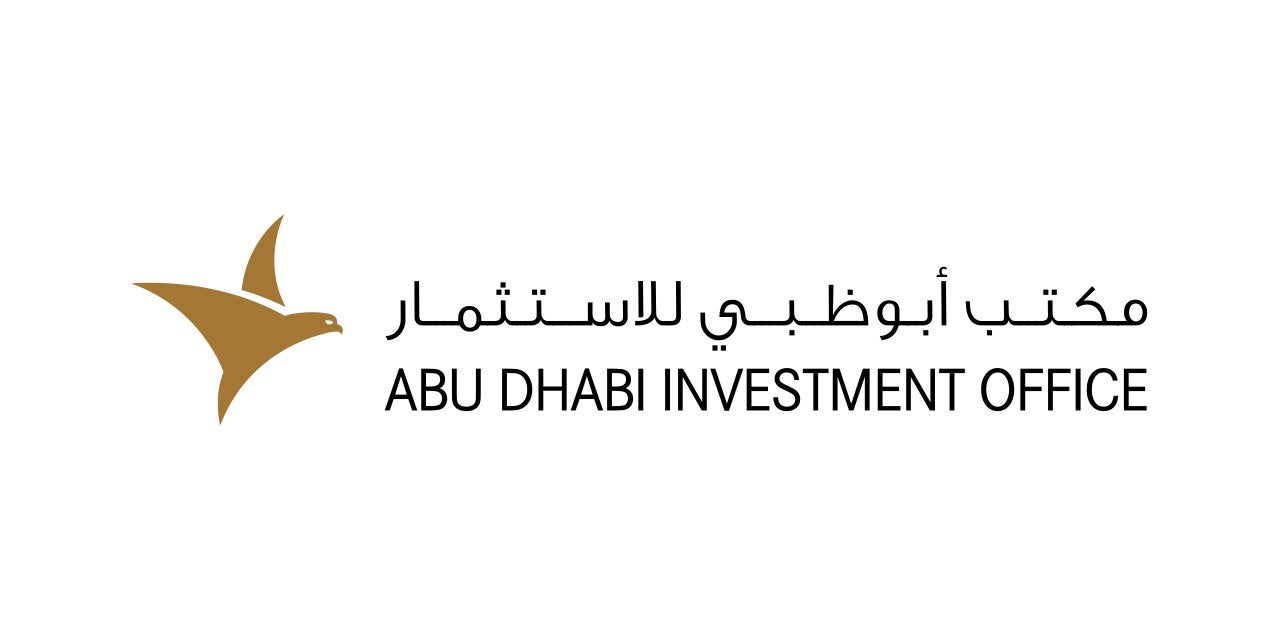
Covid-19 has dramatically accelerated the growth of a global healthtech sector that was already expanding at pace.
In Abu Dhabi, the healthcare story is one of transformation and opportunity, drawing the attention of innovators, businesses and foreign investors. Significant and ongoing improvements in the provision of care are supported by medtech, healthtech and biopharmaceutical sectors that are setting new standards in excellence and innovation.
Understanding the healthcare landscape
Abu Dhabi’s growing healthcare ecosystem includes 944 medical centres and 60 hospitals with more than 5,000 beds. The ratio of physicians to population rose from 20.4 per 10,000 people in 2016 to 44.9 in 2019, and the ratio of nurses more than doubled in the same period. The ongoing growth in healthcare provision is creating opportunities for foreign investment, with expanding markets and the opportunity to develop products and services with a growing pool of patients and service users.
Globally respected healthcare providers have recognised these opportunities, with facilities from John Hopkins, Mayo Clinic, Moorfields Eye Hospital, Cleveland Clinic and many others established in the emirate, which ranks ninth in the global Medical Tourism Index produced by the Medical Tourism Association.
Abu Dhabi was ranked top in an assessment of global cities’ response to Covid-19. The research by analytics consortium Deep Knowledge Group recognised the country’s proactive initial response, mass testing and nationwide vaccination as well as ongoing safety measures.
Abu Dhabi recognises the health challenges that lie ahead. Global increases in conditions such as cardiovascular disease and diabetes are reflected in the local population and the government is focused on finding effective ways to improve the health of the population. There is demand as well as opportunity for healthcare innovators to have a radical impact.
Technology-driven solutions
The emirate’s future-focused approach is demonstrated by the success of health information exchange (HIE) platform Malaffi, which became operational in 2019 and was one of the world’s fastest HIEs to be rolled out. Malaffi is a public-private sector collaboration between Abu Dhabi Health Data Services (ADHDS), digital transformation and emerging technology provider Injazat and New Zealand technology solutions supplier Orion Health.
“Transforming Abu Dhabi’s healthcare sector and delivering the best care possible is at the heart of everything we do. Connecting healthcare and having better data is an integral part of that,” said Jamal Mohammed Al Kaabi, acting under-secretary of the Department of Health (DoH) Abu Dhabi. Today, all 60 hospitals in Abu Dhabi are connected by Malaffi, a testament to Abu Dhabi’s commitment to digital transformation.
“We are seeing people living longer than ever before; the rise of chronic diseases and new diseases such as COVID-19 have demonstrated the need for innovative platforms such as Malaffi that serve the healthcare sector in Abu Dhabi and enable the provision of high-quality health services to residents,” added Jamal Mohammed Al Kaabi.
The records of some 7 million patients are held on Malaffi and accessible by approved staff at over 1,500 medical facilities. The data collected informs and drives the DoH’s public health initiatives for a healthier Abu Dhabi. In the future, using AI technology and machine learning, Malaffi will be used to reduce disease progression, promote improved health outcomes and, ultimately, prolong life.
Research and development in Abu Dhabi healthcare
Such progressive attitudes towards data and digital enablement are also supported by a commitment to research, with leading research laboratories such as Imperial College London Diabetes Centre, Khalifa University and G42 located in Abu Dhabi. In addition, the emirate has four major universities ranked in the top 300 healthcare QS Rankings, including two medical schools.
The DoH Abu Dhabi has embraced the opportunities that new technologies present and in 2019 launched its Artificial Intelligence Lab to develop healthcare solutions using technologies including AI, the internet of things, blockchain, genomics and predictive analysis.
In 2020, the DoH Abu Dhabi partnered with Plug and Play, the largest global innovation platform, to form Health Plug and Play MENA, a healthcare start-up accelerator. Located at Hub71, the centre of Abu Dhabi’s global tech ecosystem, the initiative welcomed the second cohort to its Abu Dhabi Healthtech Accelerator Program in April 2021.
The Abu Dhabi Health Innovation Board has identified key areas of focus for Plug and Play, where tech start-ups have the best opportunity to scale and impact healthcare quality and access in the MENA region. The board is made up of key participants in the healthcare sector such as the DoH Abu Dhabi, National Health Insurance Company, Daman, Etisalat, UEMedical and Philips and demonstrates how the government is engaging with global businesses to attract investment and drive innovation.
Attracting global healthtechs
This commitment to healthcare, coupled with a drive for innovation, has attracted numerous global healthtech business to Abu Dhabi.
Philips is a key player in the region and its commitment to research and innovation is reflected by its participation in the Health Plug and Play MENA. “We are excited to collaborate with key partners to shape the future of our region’s healthcare system, which will be even more robust and flexible than it is today,” said Marc Zora, district leader, Gulf and Levant, Philips. Other global providers investing in the region include Siemens and Honeywell.
At the start of its growth trajectory, B2B healthtech platform Aumet, which connects pharmaceutical and medical suppliers to hospitals and clinics, has chosen Abu Dhabi as a key location. The digital healthcare marketplace raised a six-figure pre-Series A funding round earlier this year and is scaling across MENA as well as France.

Multiple other start-ups have participated in the Health Plug and Play programme and have chosen Abu Dhabi for its leadership in healthcare innovation. Among them is Medicus, an AI-based platform that interprets and converts medical reports and health data into an interactive, personalised experience. Infermedica provides insurers, telemedicine companies, hospitals and health systems with a set of advanced, AI-driven decision support and triage tools to tackle inappropriate use of medical services and misdiagnosis. TALi Health is an Australian digital therapeutics healthtech that develops patented and clinically validated solutions to screen, assess and improve cognitive function.
Other local healthtechs include doctor booking platform Okadoc and Biogenix Labs, a G42 Healthcare company that utilises many platforms for Covid-19 molecular testing, including RT-PCR diagnostic methods, isothermal amplification methods and LamPORE sequencing method.
Another G42 Healthcare initiative announced in 2021 is the partnership with Seegene Inc, a global biotechnology company specialising in molecular diagnostics. The partnership will offer the innovative Seegene Mobile Station – a laboratory-on-wheels facility providing optimised molecular diagnosis and tests at any location.
In Abu Dhabi, these healthtech start-ups find an ecosystem that is geared to their success. Among its multiple benefits are:
- The DoH is the region’s leading regulator with best-in-class licensees and quality standards
- The centralised institutional review board committee has seven-day response time for new proposals – thisis among the fastest in the world today
- Powerful IP protection, including specific protection for pharmaceutical companies
- Mandatory health insurance for all residents
- Rebates that caninclude medical and laboratory equipment, research and development costs, IP costs, rental and employee costs
Committed to excellence and innovation
Abu Dhabi’s DoH continues to be a driving force behind not just the provision of care but also the enablement of innovation. In 2020 it launched the Health Workforce Upskilling Platform to develop the skills of healthcare professionals, and in 2021 it launched a set of initiatives to speed up the process of obtaining medical licenses to ensure the health and safety of the community.
The emirate is committed to attracting the world’s most innovative healthcare businesses to tackle the challenges faced locally, regionally and globally. It provides numerous incentives to enable businesses to invest and locate in Abu Dhabi with ease. These include funding for fundamental research and development in healthcare and life science services. Businesses can also access key ecosystem partners to enable growth and recruit talent, and directly contact key government bodies to obtain required licences to do business in the UAE.
To find out how healthtech companies can benefit from setting up in Abu Dhabi, download the Abu Dhabi Prospectus now.


